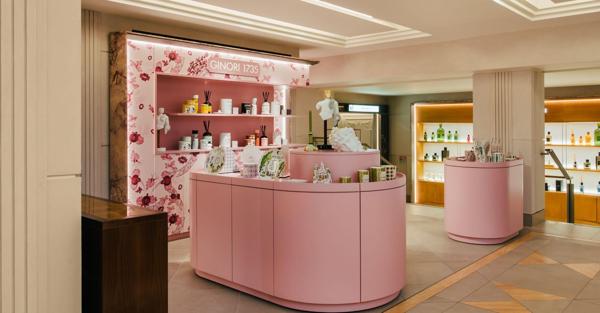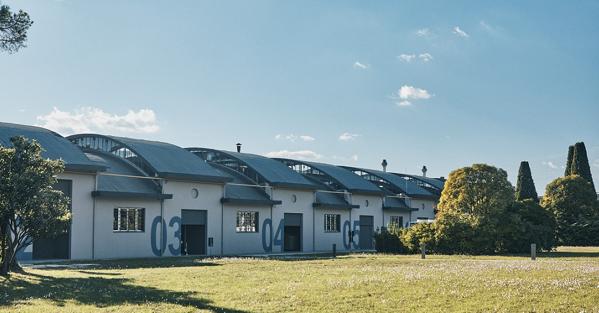Its first home will be the brand’s Milanese flagship store in Piazza San Marco, where it will be presented on 19 April. From there, the Ginori 1735: Domus collection, which marks the debut of the historic Tuscan brand in interior design, will then take the world‘s way. Designed by designer Luca Nichetto, it consists of four pieces of furniture, two lamps and four models of jacquard fabrics, made respectively by Barovier&Toso and Rubelli. A collection, therefore, very Venetian, given that Nichetto was born and studied in the Serenissima and that the two brands involved in the partnership also have their headquarters and their history in the same city.
«We selected Barovier&Toso and Rubelli as partners for their mastery and common creative sensibility – explains Annalisa Tani, Brand and Product Director Ginori 1735 -. The collection represents the perfect combination of contemporary design, traditional craftsmanship and the highest quality materials. It is completely made in Italy and also includes crystals and cutlery produced with great artistic attention. Unique and exclusive pieces that give great value to the collection itself and make it the perfect interpreter of the modern rituals of hospitality». Ginori 1735: Domus therefore marks another step in the strategy of becoming a lifestyle brand, capable of inhabiting different spaces of everyday life. Luca Nichetto himself was the author of the collection of room fragrances “La Compagnia di Caterina”, launched last year in collaboration with the maison Jean Niel, a segment at the heart of the first home fragrance shop in shop launched in March by Ginori 1735 from Harrods, London.
A strategy which also includes the choice to adopt an ambassador for the first time, Jake Gyllenhaal, face of the FW 23-24 campaign: «We chose Jake Gyllenhaal as our official talent because he perfectly embodies our values of timeless elegance and our mission to bring art into daily life – continues Tani -. He represents an icon of style and sophistication, overcoming all distinctions of age and personality. His passion for art, design, fashion, cinema and storytelling reflects the mastery of style that has always characterized Ginori».
The brand founded in Sesto Fiorentino in 1735 by the Marquis Carlo Ginori, today one of the oldest porcelain manufacturers in Europe, is part of the Kering group, which made it the subject of an ambitious relaunch operation. After years of difficulties and changes of ownership, in 2013 Richard Ginori (this was the name of the company at the time) was taken over by Gucci for around 13 million euros and the following year Alessandro Michele was appointed creative director, who few months later he would also take the helm of Gucci itself, maintaining a close link with the Sesto Fiorentino-based maison, with which he would launch the first collection of objects for the Gucci Décor home in 2017. CEO of Ginori 1735 (the rebranding dates back to 2020) is Alain Prost, who is continuing on the road map of the relaunch of the brand, also through investments in the distribution network: last September the Paris boutique was inaugurated, an opening abroad (after that of 2017 in Moscow) which is added at the single-brand stores in Milan, Florence and Sesto Fiorentino. The launch of direct e-commerce dates back to 2019, now available for about 30 countries.

Furthermore, in March, Ginori 1735 joined the Altagamma Foundation, the association of Made in Italy companies of excellence, a choice that «allows us to join forces with some of the greatest Italian excellence, committed to promoting Made in Italy , in the redevelopment of the manufacturing sector and in international expansion», comments Tani. But one of the fronts that has most engaged the company recently has been the modernization of the factory itself: «The new ovens have allowed us to considerably reduce the environmental impact of production – adds Tani -. In particular, we managed to reduce energy consumption by 62% and CO2 emissions by 57% compared to 2021».


